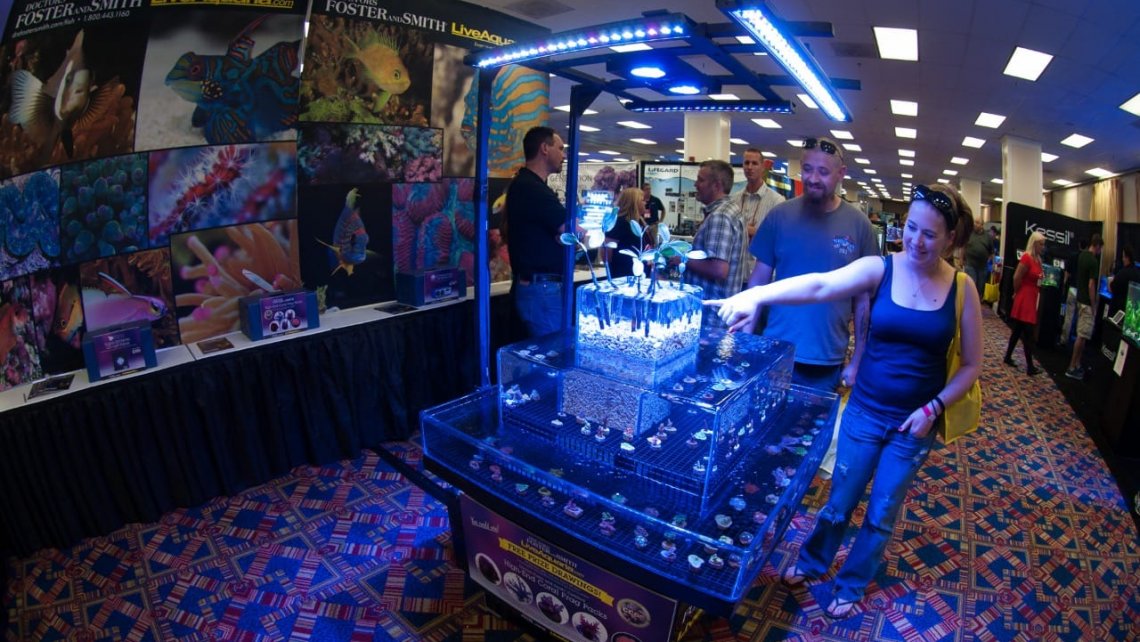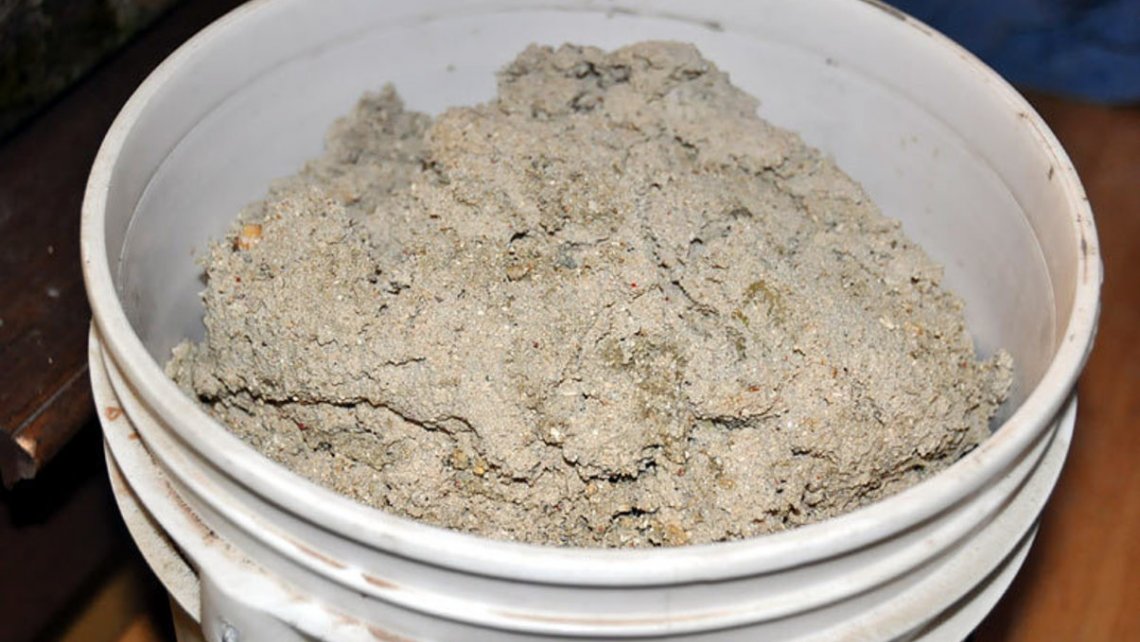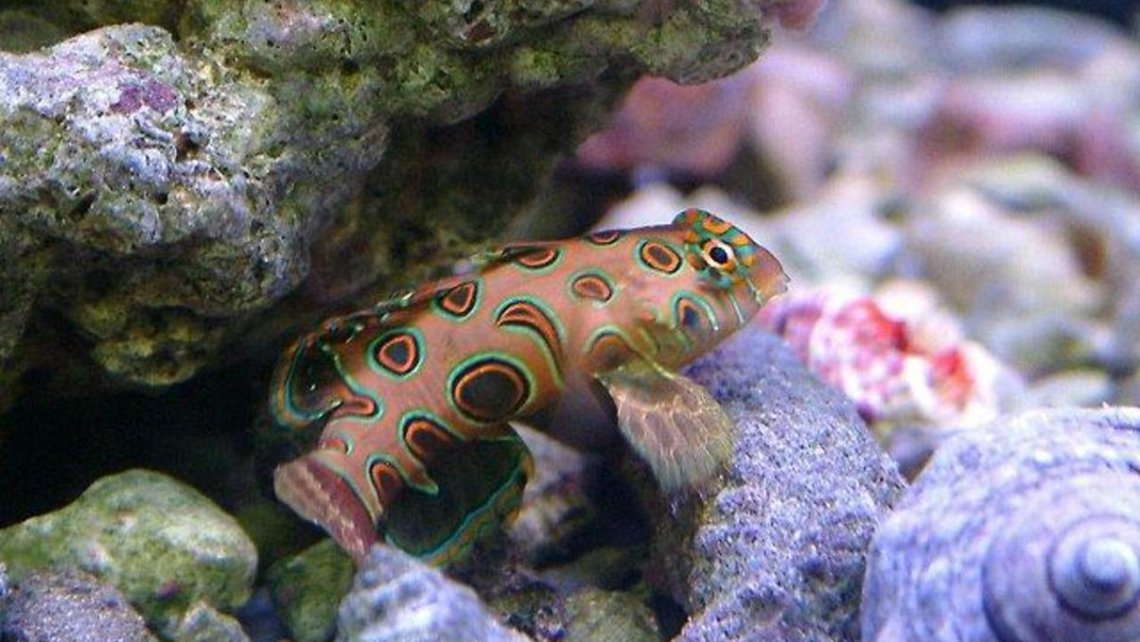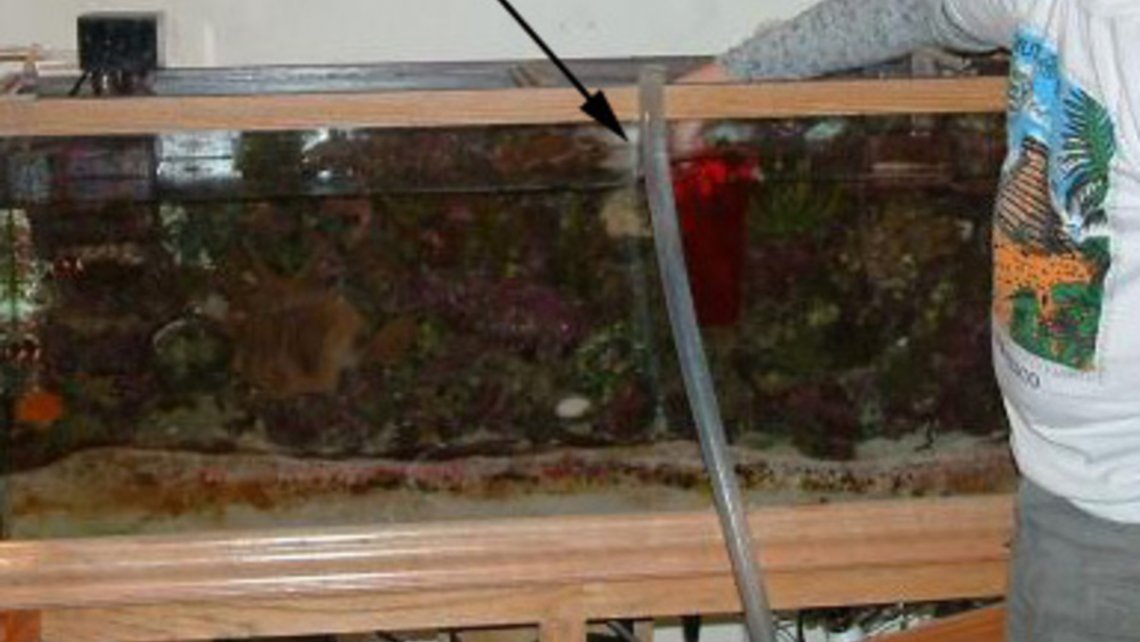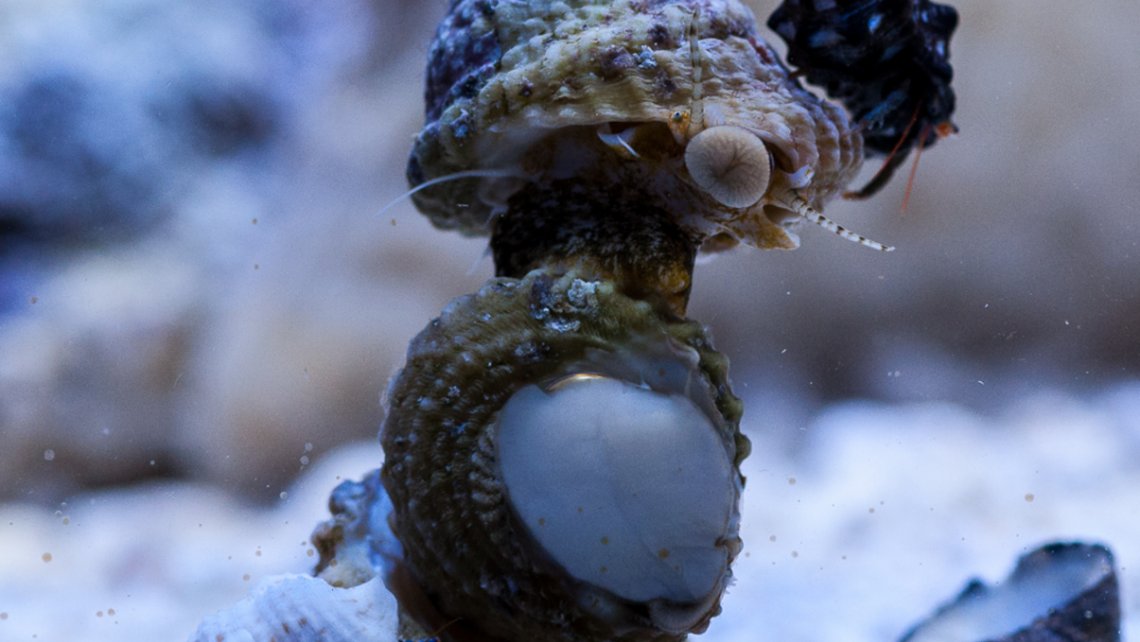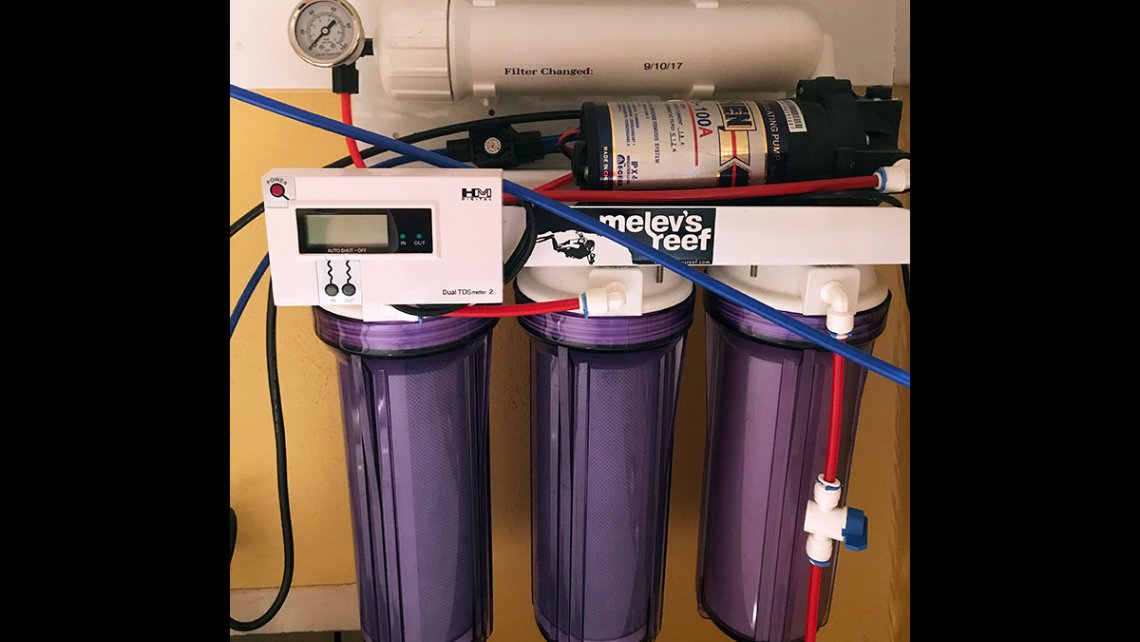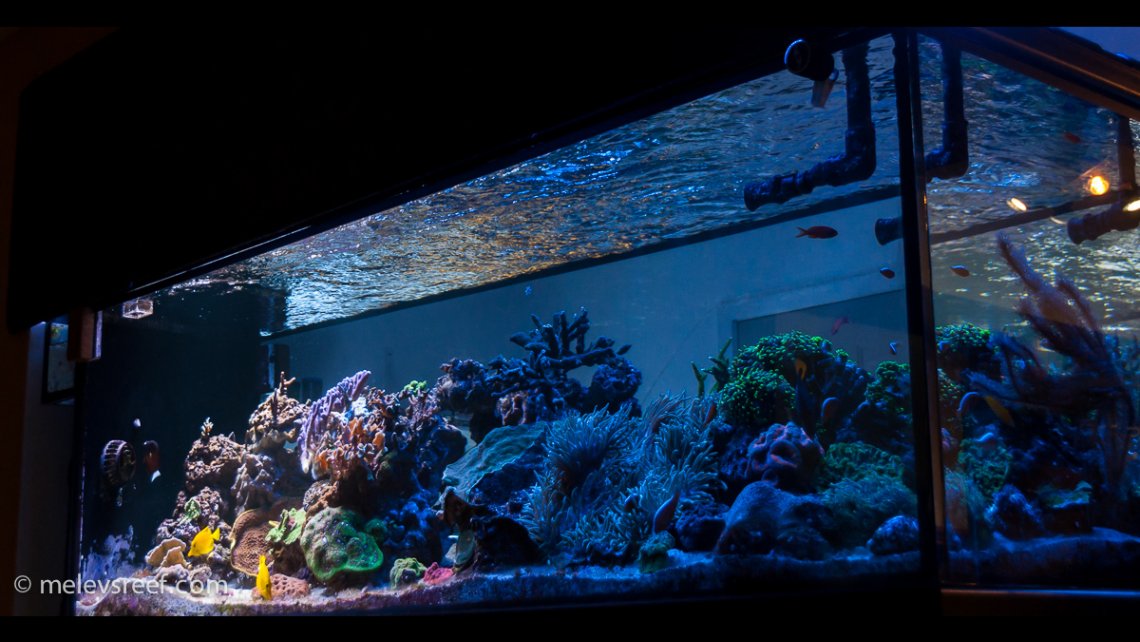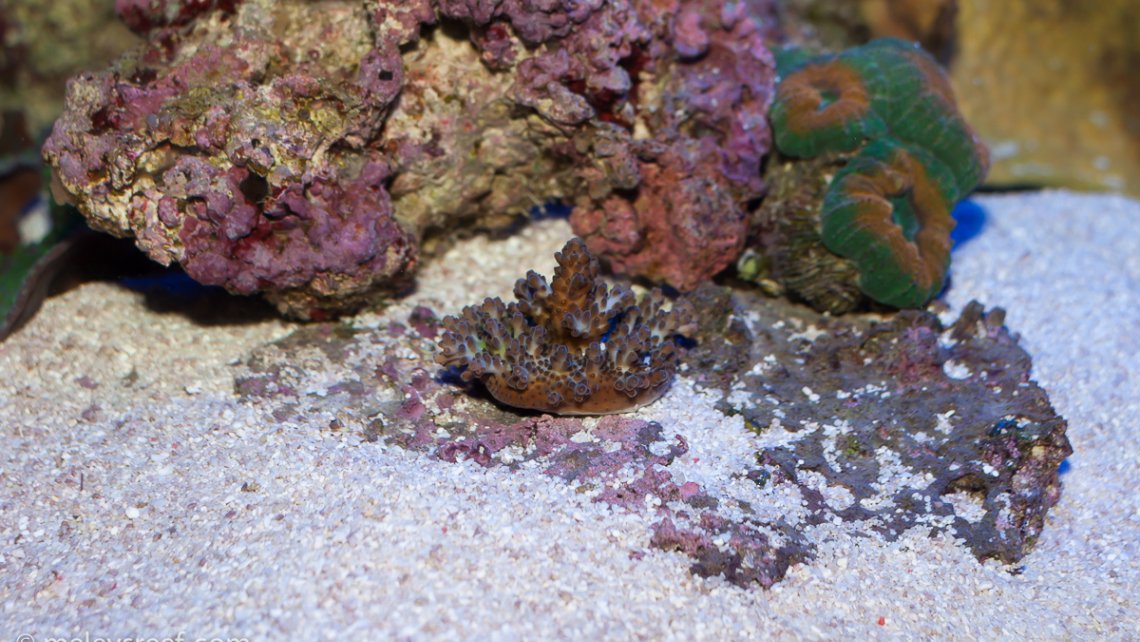I want to set up a saltwater tank!
You're ready to take the plunge into saltwater at last. No doubt you've already heard a number of opinions by now, but have decided to forge ahead and do this. Good, this is a wonderful hobby and the experience of watching your hard work turn into something stunning is what this is all about. Let me be honest though, there are times when your frustration level may peak, which is the exact opposite of the 'relaxing hobby' you were hoping for. That's just part of the experience, and remember that period is temporary.
If you haven't read these articles yet, please do:
